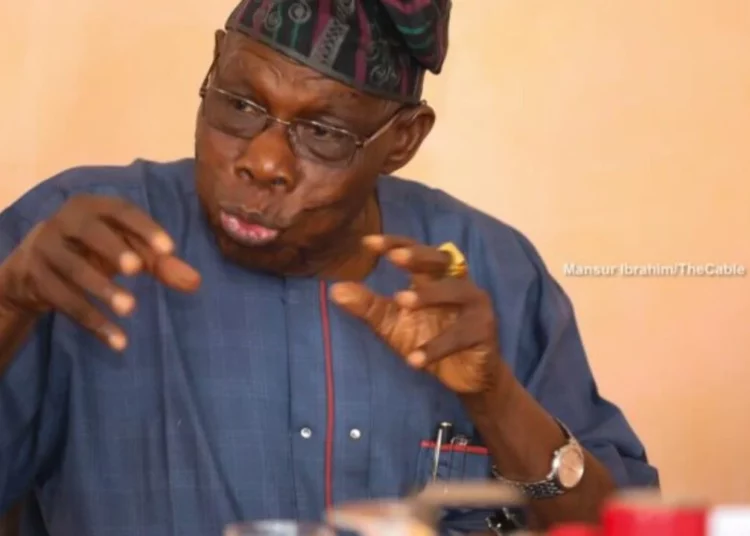
Former Nigerian President Olusegun Obasanjo has made headlines again, but this time it’s not about politics. His company, Agro-Allied Business Ltd (OABL), is preparing to inject a staggering $700 million (about ₦1.75 trillion) into various sectors of the Cameroonian economy — a decision that’s stirred a mix of admiration and anxiety back home.
From agriculture and energy to maritime logistics and hospitality, the investment is broad and ambitious. A large chunk of the operations will revolve around Cameroon’s Kribi deep-sea port, signaling a long-term commitment to the region's economic growth.
OABL’s expansion plan is anything but small-scale. The company has secured 610 hectares of land for maize and soybean production, along with infrastructure for fertilizer distribution and warehousing. A 10-hectare wood processing plant is also part of the blueprint — all of which promise job creation and industrial growth in Cameroon.
In addition, the company is gearing up to provide transshipment services aimed at easing congestion at Nigerian ports — a move that raises further questions about the state of Nigeria’s own port infrastructure. Plans are also underway to build oil and gas storage terminals for ship refueling and, to cap it off, a luxury five-star hotel to support tourism and business travel in the region.
Although the investment aligns with the goals of the African Continental Free Trade Area (AfCFTA), particularly in promoting cross-border trade and regional integration, the news has been met with mixed emotions in Nigeria.
Kabir Ibrahim, president of the All Farmers Association of Nigeria (AFAN), didn’t hide his disappointment. Speaking with LEADERSHIP, he said, “If that kind of capital had been directed toward Nigeria’s agricultural sector, it could’ve made a world of difference for our farmers. Instead, this move might discourage local investment by sending the message that it’s safer and more profitable to do business elsewhere.”
Dr. Segun Adebayo, deputy director at the Centre for Food Safety and Agricultural Research (CEFSAR), echoed similar concerns. He acknowledged the strategic value of Obasanjo’s investment from a regional perspective but lamented the state of Nigeria’s investment climate.
“Let’s be honest,” Adebayo said, “with the current state of insecurity and regulatory unpredictability in Nigeria, it’s no surprise that even high-profile investors are looking beyond our borders. It’s a win for the continent, sure — but it’s also a wake-up call for Nigeria.”
He also cited the example of Aliko Dangote, whose recent large-scale investments outside Nigeria highlight a growing trend among Nigerian entrepreneurs seeking stability, better infrastructure, and more favorable business conditions elsewhere.
While some analysts see Obasanjo’s move as a smart way to tap into the wider African market, others view it as a lost opportunity for Nigeria. In a country battling youth unemployment, rising inflation, and infrastructure decay, $700 million could have helped stimulate domestic growth and rebuild investor confidence.
Still, others argue that under AfCFTA, investments anywhere in Africa can indirectly benefit Nigeria — especially when led by Nigerian firms. But that’s only true if Nigeria improves its ability to attract, retain, and protect investment.
Obasanjo’s venture might be celebrated across Africa, but for Nigeria, it serves as a sobering reminder: until the country addresses its deep-rooted issues — insecurity, poor infrastructure, and inconsistent policy frameworks — it risks losing more capital to neighboring economies that are eager and ready to welcome it.
If trends continue, and Nigeria fails to reposition itself as a secure and business-friendly environment, the talent and money needed to fuel national growth may keep flowing outward.
